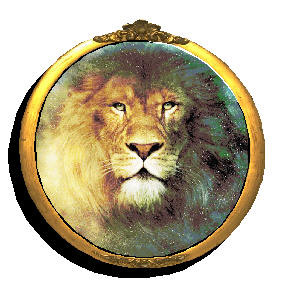Improve Your Likeability, Improve Your Life – Harvey Mackay ~ / ~
I was fascinated by a CNBC article about Jennifer Hyman, the CEO of Rent the Runway, who attributed her business success to just two words – “Be likable.”
Hyman made the statement to a group of students at a Stanford Graduate School business event. Meg Sauer, the article’s author, said, “Hyman’s strategy – being warm, engaging and actively listening – helped sell her ideas as both an intern and a CEO.”
No matter what business you think you are in, you are in the people business. And the more people like you, the better and easier life becomes.
It’s that simple. Likeability can help to get you where you want to go – whether it’s a promotion at work, running a company, election to a political office, building a wonderful circle of friends … it applies to nearly every facet of life. People like people who are genuine, pleasant, sincere, easy to talk with and friendly.
You’ll do better on the job by being likable. Since most of us spend more than a third of our lives at work, it’s important to be likeable, which will allow us to be more successful.
Likeability is crucial in the sales game because people buy from people they like.
Leadership guru John Maxwell said: “If you are respected and not liked, then your influence will be limited and short-lived. People will not fully trust you and will only follow you at a distance. In fact, they will circle around like vultures, waiting for you to fail. Your team will also have a high rate of turnover because no one enjoys working for an unlikeable leader. Eventually, you will burn out since no one is close enough for you to be able to share their care. The remedy? Let people see your heart. Convince them you care about their lives.”
Motivational author Dale Carnegie provided a helpful hint at being more likeable when he said: “You can make more friends in two months by becoming interested in other people than you can in two years by trying to get other people interested in you.”
To drive home his point, Carnegie tells how dogs have learned the fine art of making friends. When you get within 10 feet of a friendly dog, he will begin to wag his tail, a visible sign he enjoys your presence. If you take time to pet him, he will become excited and lick and jump all over you to show how much he appreciates you. The dog became man’s best friend by being genuinely interested in people.
Here are some ways that you can improve your likeability:
• Make a strong first impression. Experts say it takes between five and 15 seconds for someone to form a first impression about a person. First impressions are lasting. If the first impression is less than great, it takes a long time to change it.
• Talk nicely about other people. Don’t gossip. The tongue is just three inches long, but it can kill a person six feet tall.
• Improve your listening skills. For some people, good listening means, “I talk, you listen.” Good listeners steer conversations toward other people’s interests. This is what separates a good talker from a good conversationalist. And remember, you can’t learn anything when you are doing the talking.
• Ask questions. Be inquisitive. This also shows you are listening. Ask about their lives and learn as much as you can about the other person. People love to talk about themselves.
• Watch your body language. Be aware of your gestures, expressions and tone of voice. Look people in the eye and let them know you have their full attention by nodding appropriately. Smile. Pay attention to the other person’s body language.
• Don’t be judgmental. Eliminate preconceived notions and judgment. Be approachable and open-minded, which will make you interesting to others.
• Stay positive. People much prefer being around happy, positive people.
• Be kind. Offer sincere compliments. We all love to receive compliments. They make everyone feel better. Mark Twain once said, “I could live for two months on one good compliment.”
• Use people’s names. We all like the sound of our own name. Using names shows that you know and value the person to whom you are talking.
• Use humor. Making people laugh is a likeable trait. You don’t have to be a stand-up comedian but be willing to laugh at yourself.
• Make others feel important. Treat people the way you like to be treated.
Mackay’s Moral: If you like doing business, work at being liked.
